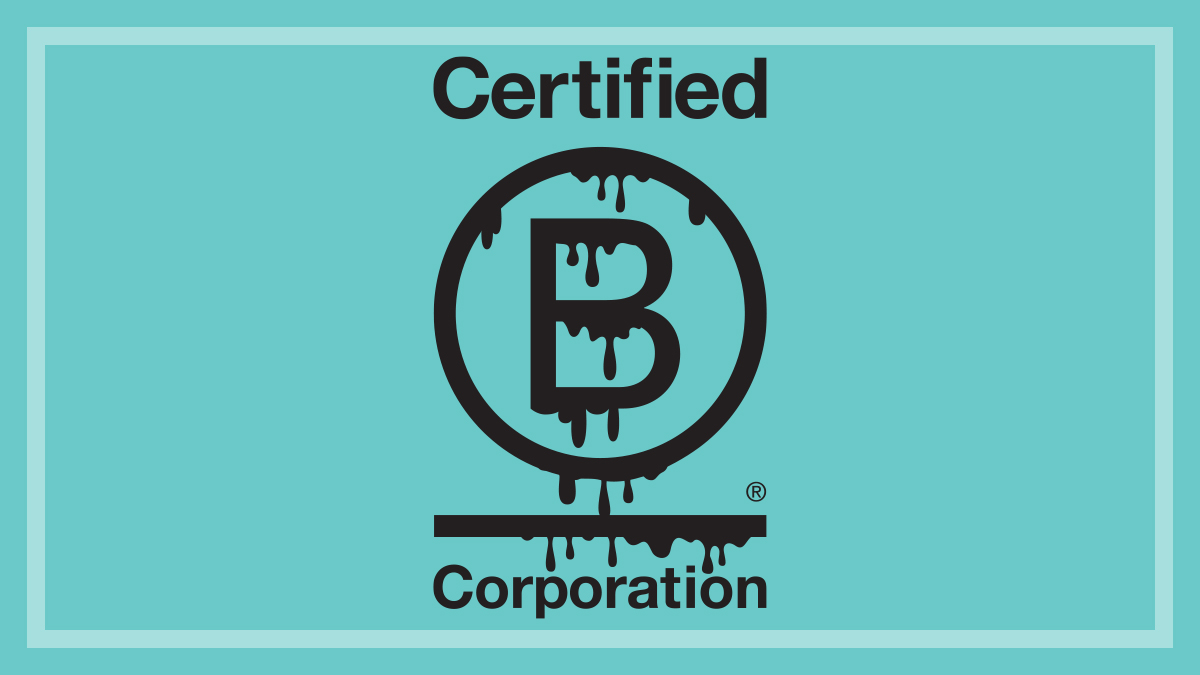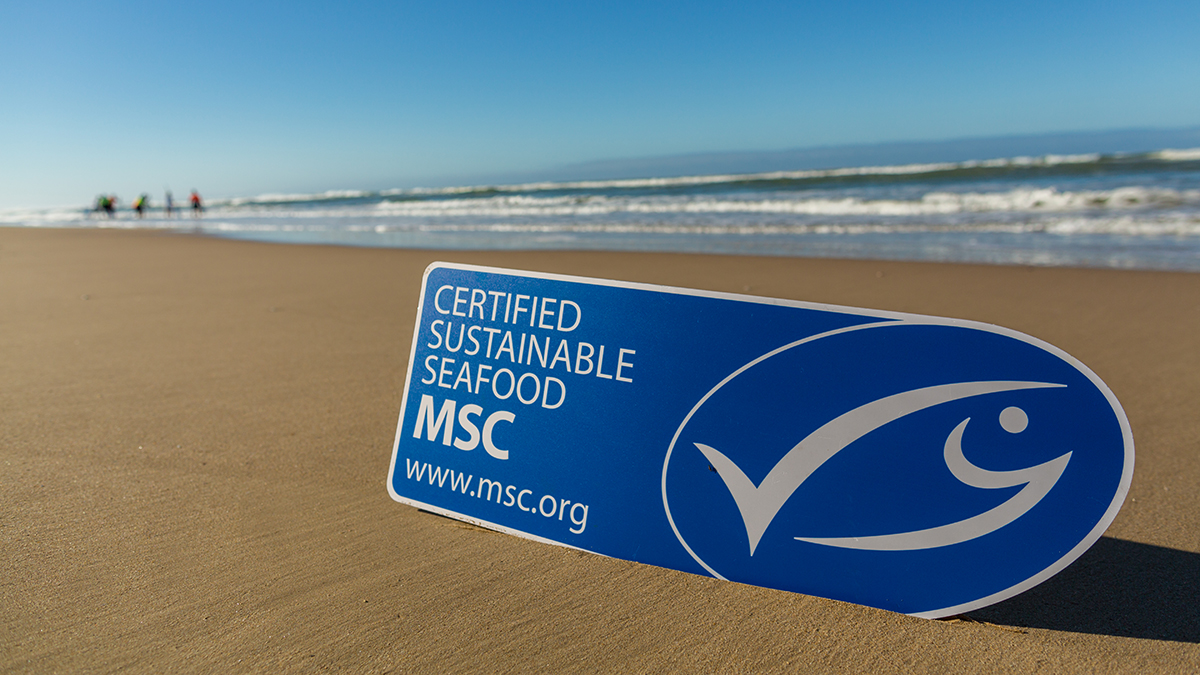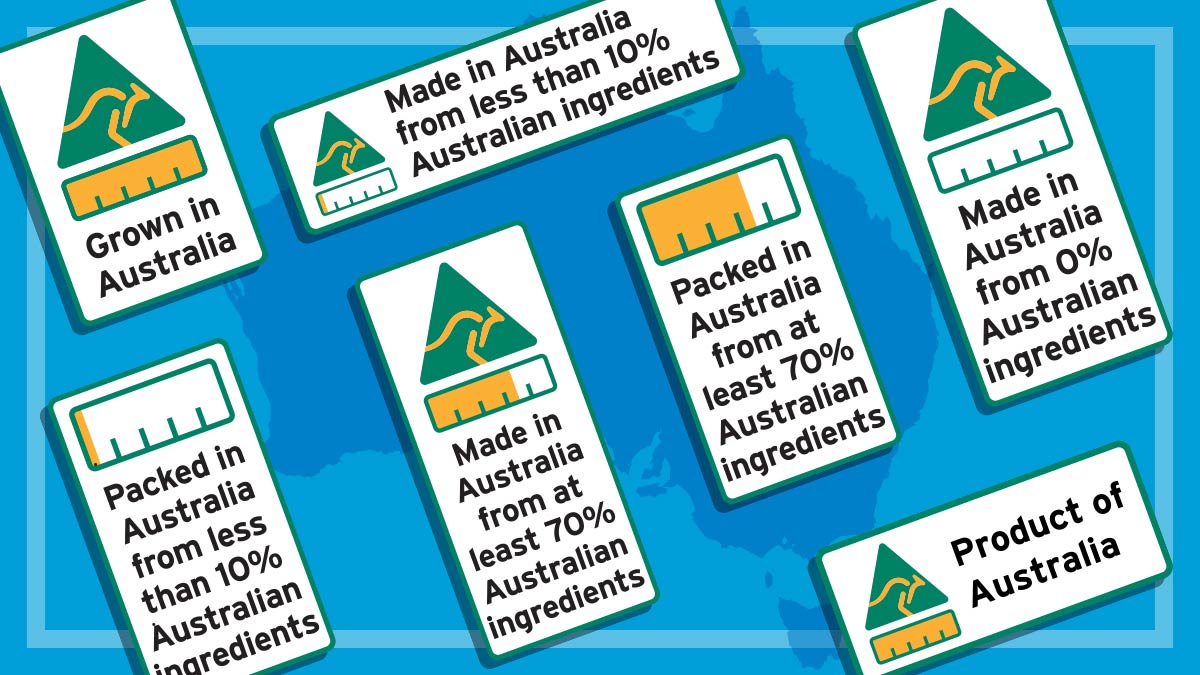Get our independent lab tests, expert reviews and honest advice.
Eco labels – too many, and too confusing?
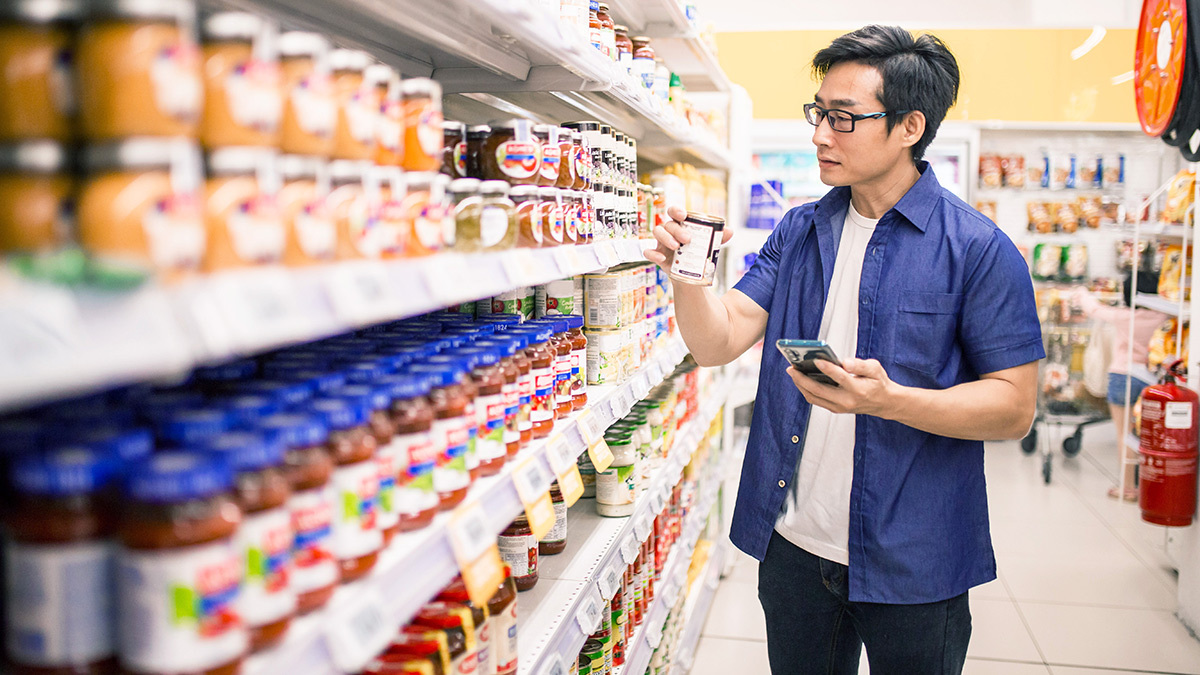
Need to know
- There are dozens of eco labels on the market and shoppers can find it confusing
- Some certification schemes are open and transparent about their methodology for assessment, while others aren't
- Experts are calling for the government to step in and regulate the space to provide clarity to consumers
Australians are increasingly aware of the environmental and ethical impacts of the products they buy, and this influences their purchasing decisions. Many manufacturers are keen to tap into this sentiment.
Eco labels such as Fairtrade, Rainforest Alliance and the Green Tick are meant to provide certainty that the choices we make are good for the environment and the workers in the supply chain. But there are a wide range of labels out there, and it isn’t always easy to tell which are trustworthy and which aren’t.
With so many eco and ethical labels, can consumers really make sustainable purchasing choices? Or does the sheer volume and differing methodologies simply leave us confused?
Australians want to buy sustainably
According to the Eco Label Index, there are 57 different labels in use in Australia, as well as various international rankings and ratings, purchasing guides, certificates and certifications.
In a November 2020 CHOICE member survey, 14% say they wouldn’t mind paying more for sustainable, ethically sourced or environmentally friendly products. A further 51% say they’d choose such products if they could afford them.
57% say it’s important to them that the products they purchase are environmentally friendly
In a January 2021 nationally representative CHOICE survey, 57% say it’s important to them that the products they purchase are environmentally friendly.
Yet only two out of five people say it’s easy to make environmental choices. Unclear or confusing labelling was listed as one of the main reasons for the difficulty.
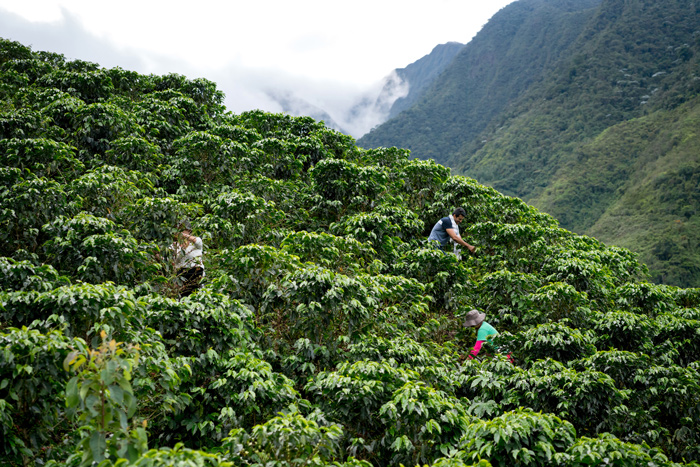
A growing trend
Dr Robin Canniford, senior lecturer in management and marketing at the University of Melbourne, says consumer demand for sustainable products is growing.
“There is a growing consumer movement globally and we are seeing evidence of increasing numbers of people, especially from Gen X onwards, who are making choices based on what brands match their ethics,” he tells CHOICE.
“We are seeing consumers boycotting certain brands, we are seeing consumers saying ‘I’m not going to buy from brands that aren’t ethical’. This is an emerging trend in the marketplace and I think companies need to start to sit up and take notice.”
Companies realise that the appearance of environmental sustainability can be achieved through marketing and branding
But companies aware of the trend also realise that the appearance of environmental sustainability can be achieved through marketing and branding.
“The marketing front stage is designed to build a positive impression, it’s full of nice marketing imagery. But the back stage is where the real nitty gritty happens in terms of sustainability and ethics,” says Canniford.
Too many certifications?
Associate Professor Sukhbir Sandhu from the University of South Australia says confusing eco labelling disempowers consumers.
Companies that make environmentally sustainable claims are rewarded at the checkout, sometimes regardless of their actual practices.
“Currently there are so many accreditations, so many certifications floating about, that almost any firm can make an environmental claim, and for consumers, even if they want to do the right thing, it’s not easy,” she says.
There are so many accreditations, so many certifications … almost any firm can make an environmental claim
Associate Professor Sukhbir Sandhu, University of South Australia
Some of the labelling and certification schemes are run by industry themselves, while others are run by independent non-government organisations, and others by governments.
Some examples of for-profit industry-led certifications in Australia include BMP Certified Cotton, Coffee and Farmer Equity Practices and LowCO2 certification.
Examples of nonprofit-led certifications include Dolphin Safe and Fairtrade.
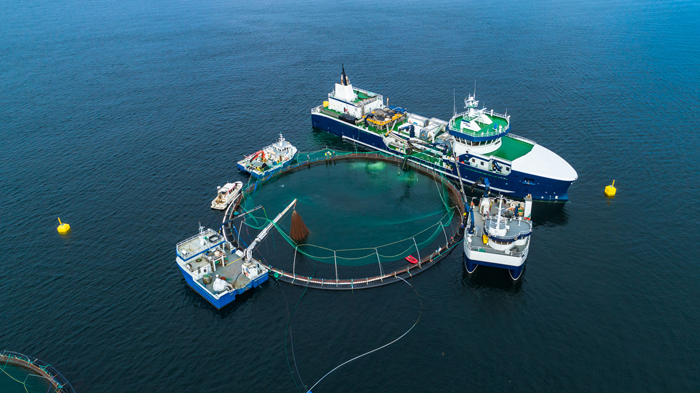
Seafood industry example
Sandhu pointed to a 2016 ABC Four Corners investigation into the salmon fishing industry in Tasmania that revealed that Tassal paid almost a quarter of a million dollars a year to the World Wildlife Fund (WWF) for their eco label. The investigation also uncovered that the WWF had asked another salmon producer for large sums of money in exchange for certification and refused to provide it when they declined.
WWF disputed some aspects of the Four Corners report, and said they were open and transparent about who they worked with and why. They added that Four Corners failed to inform viewers about the successful environmental outcomes they had achieved in Tasmania and around the world.
“WWF always maintains the highest integrity with the use of its logo and we strongly reject the Four Corners unfair accusation,” Dermot O’Gorman, CEO of WWF Australia says.
Inconsistent rankings
Adrian Meder from the Australian Marine Conservation Society (AMCS) says many consumers in the seafood and fisheries space want to make sustainable choices.
AMCS runs its own sustainable seafood guide that he says isn’t influenced by any financial relationships with industry, and he calls into question the reliability of some seafood labels, such as the Marine Stewardship tick of approval.
Some products in the AMCS guide that have the tick rank lower than some products without it, which Meder says suggests the tick of approval may not be a reliable indicator of sustainability.
However, the Marine Stewardship Council tells CHOICE that it “goes to great lengths to ensure we meet the highest international benchmarks for credible certification and ecolabelling”.
Are some certifications going backwards?
Meder says sustainable certifications are essential as the major supermarket chains require it. “Our Australian major supermarkets all have sustainable seafood processes in place, a relatively high standard I should say, by global standards, but global standards are a very low bar,” he says.
“Certification is meant to make consumers confident they can go to a retailer and everything on the shelf is sustainable. I wish that was so.”
Some providers of sustainability certifications around the globe are lowering their standards to certify more products, rather than ensuring only the most sustainable products get certified.
“We are actually concerned that some certifications are going backwards,” says Meder.
Consumers should look for transparency
The ACCC tells CHOICE that consumers need to be cautious about environmental claims that are vague and not easy to substantiate. When it comes to eco labelling, the ACCC recommends consumers do their own research about the certification process.
Experts recommend that consumers google the relevant certification scheme and search for open and transparent methodology about how and why various certifications are given.
Consumers need to be cautious about environmental claims that are vague and not easy to substantiate
Meder says the Aquaculture Stewardship Council’s certification is an example of a certification which provided open and transparent methodology and regularly published the results of their audit reports on their website.
Sandhu says another example of a very open and transparent certification is B Corporations, which certify a wide range of businesses from different industries, and publicly provide methodology and the structures that each certified company is measured against.
Labelling schemes with third-party audits
Stefan Renckens, assistant professor of political science at the University of Toronto, says the most rigorous labelling schemes contain independent audits by third-parties, but even then there is often a conflict of interest.
“The one being audited pays for the audit to be done, so there is a clear conflict of interest there. Sometimes it is a box-ticking exercise,” he tells CHOICE.
He says labelling schemes, whether from industry, nonprofits or governments, need to be open and transparent about their methodology and criteria for accessing a product, something which was rarely the case.
Government should step in
Sandhu says there is a role for governments to play in simplifying eco labelling schemes.
“Greenwashing is pretty rampant. The easiest thing would be for governments to regulate and for firms to meet those standards. But it doesn’t necessarily work this way,” she says.
The government has to step in and clean up some of these systems, so that a tick means the same thing to everyone
Sukhbir Sandhu, Associate Professor SA University
“Industry associations coming together to do some kind of environmental accreditation can only take us so far. After that comes the confusion: is it symbolic or more substantial? There are so many floating around how do we know which ones to trust? The government has to step in and clean up some of these systems, so that a tick means the same thing to everyone,” she adds.
Until that time, consumers looking to do the right thing will need to rely on more than the label.
Updated 25 August: The comment from the Marine Stewardship Council was added to the original version of this story.

